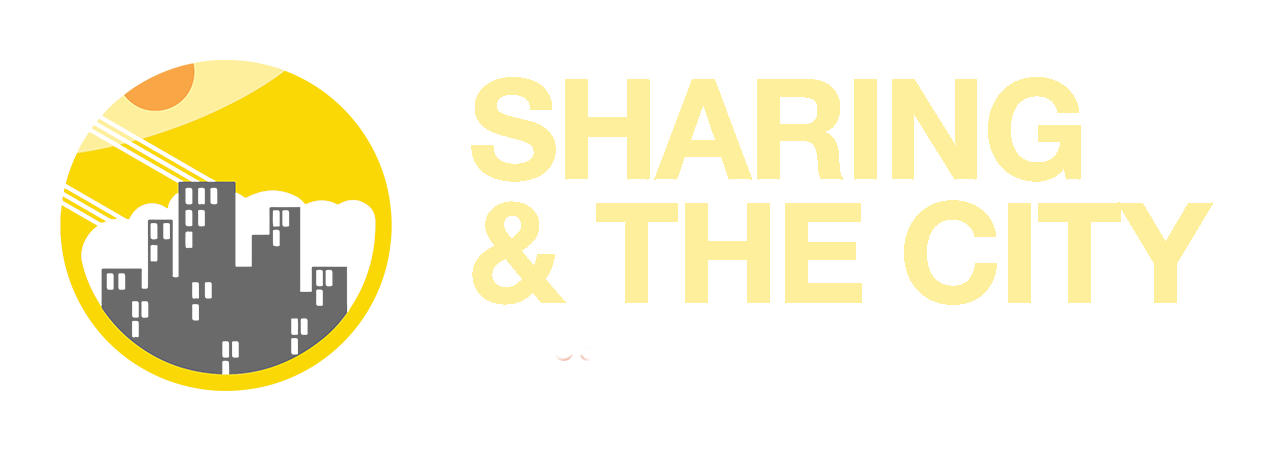Amsterdam is a culturally diverse city, with a strong tradition of innovation and entrepreneurship. It is a busy tourist hub. In 2015, Amsterdam became the first Sharing City in Europe, initiated by the knowledge and networking organisation, shareNL. The municipality adopted an Action Plan on the Sharing Economy in 2016. The urban sharing landscape is vibrant, with commercial sharing platforms dominating over non-profit ones. Solutions for shared mobility are prominent, including cars, electric scooters and bikes, and peer-to-peer (P2P) and business-to-consumer (B2C) car and bike sharing business models can be found. These are both station-based and free-floating. Peerby is the main platform for the sharing of physical goods. Airbnb dominates the accommodation sharing market, but Amsterdam is also home to Booking.com. Other Amsterdam-based platforms include Felyx, Urbee and Seats2meet. Important urban sharing actors include national and local authorities, knowledge institutes and universities.
City Strategies, Agenda and Position on Sharing
In its Action Plan on the Sharing Economy (2016), the City of Amsterdam encourages innovation, social inclusiveness, sustainability and entrepreneurship. It monitors the sharing economy and responds whenever challenges arise. Amsterdam was the first city in Europe to negotiate a deal with Airbnb in 2014. In 2019, the city introduced a 30-day cap instead of the previous 60-day cap on entire home rentals, in response to the debate on accommodation sharing and its controversial implications for the housing market. The city also called for changes in national legislation to regulate short-term home rentals. The City Agenda on Car Sharing promotes electric cars in shared fleets and specifies parking permit rules for free-floating shared cars. A municipal bike sharing policy is being developed. While the city does not engage directly with the sharing of physical goods, it has a Circular Innovation Agenda. Several city departments work with the sharing economy. The Department of Economic Affairs works with sharing at a strategic level, while the Department of Traffic and Public Space and the Innovation Office work at the operational level. The Startup Amsterdam programme offers services for sharing economy start-ups. The city has been collaborating with shareNL since 2014, and has been a founding member of the Sharing Cities Alliance since 2017. The city is revising its Action Plan on the Sharing Economy into the new Agenda on the Platform Economy.
Read the full report here



